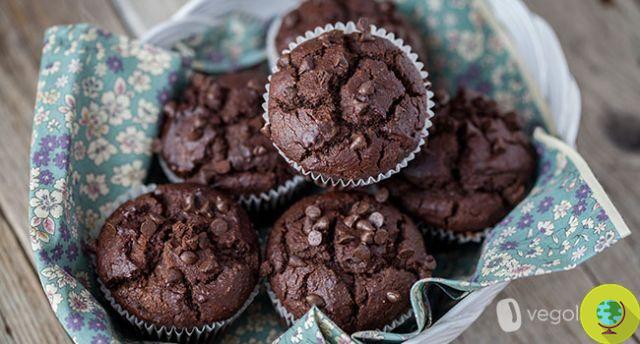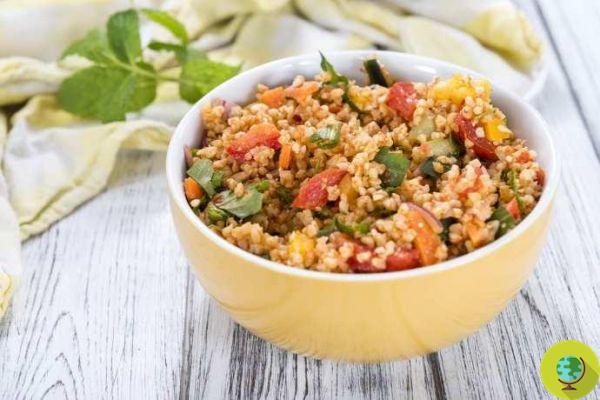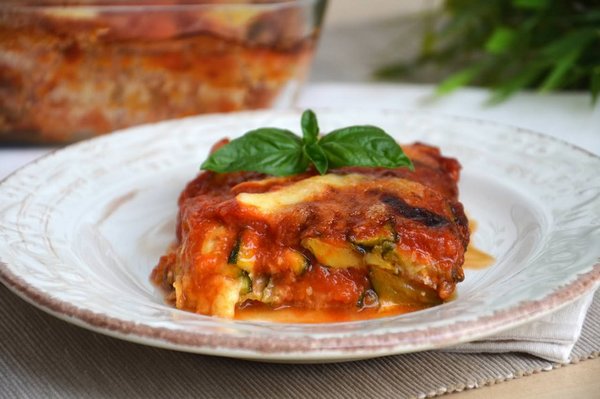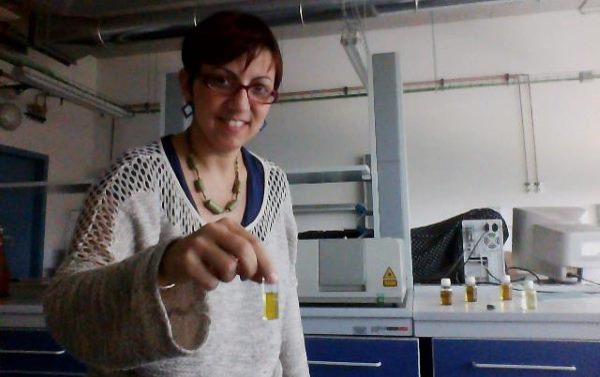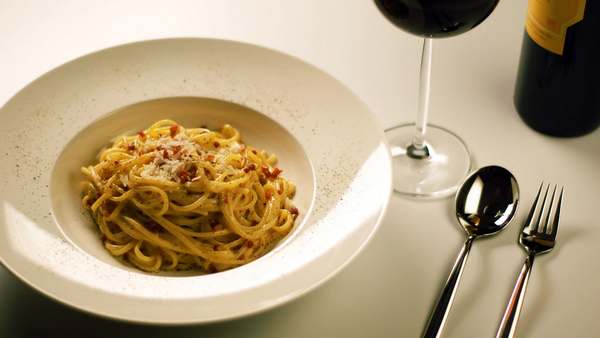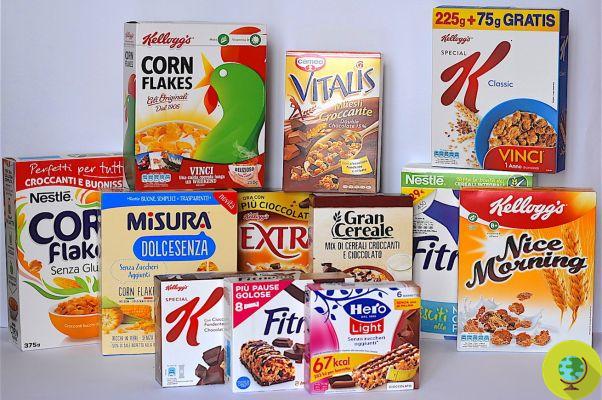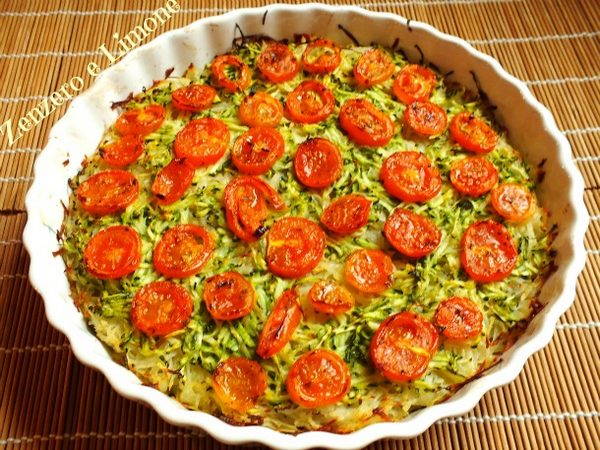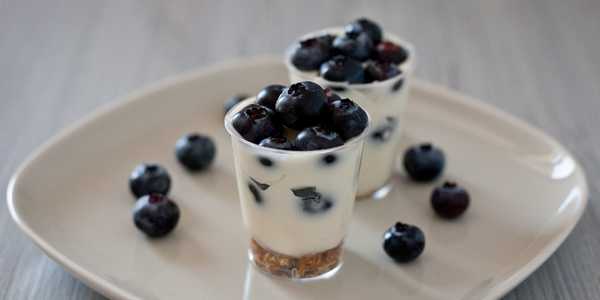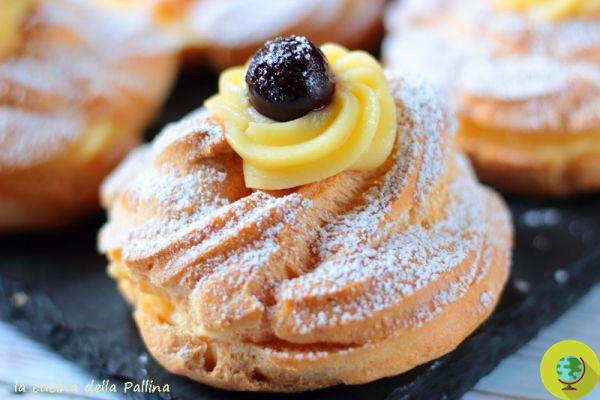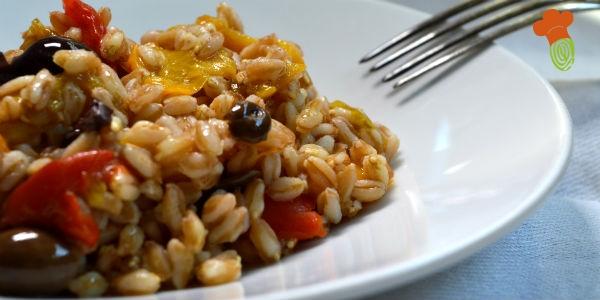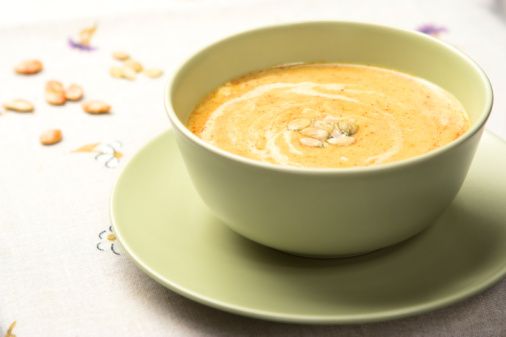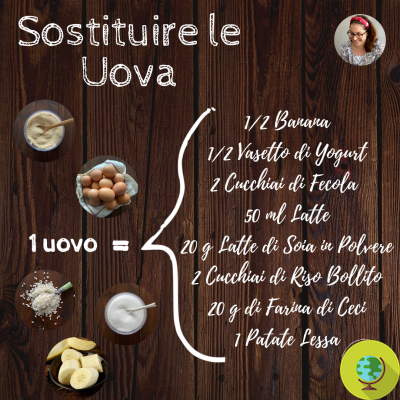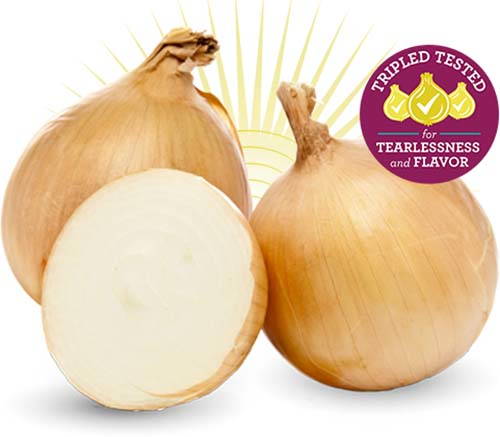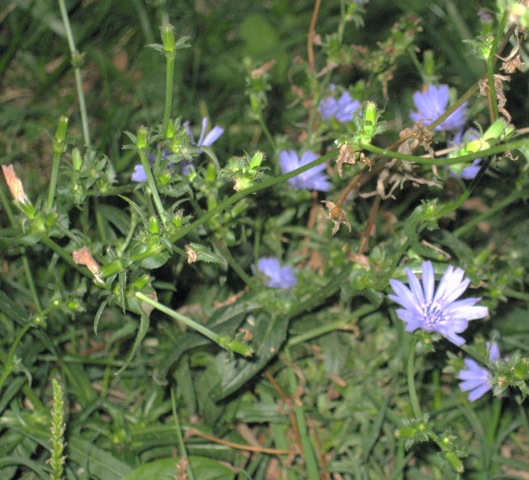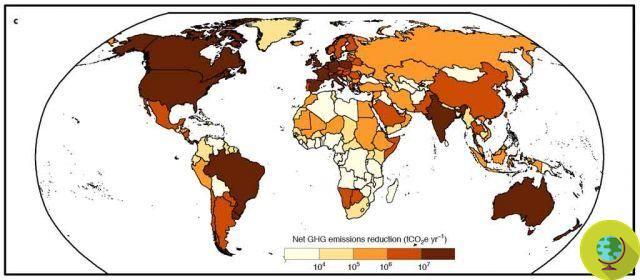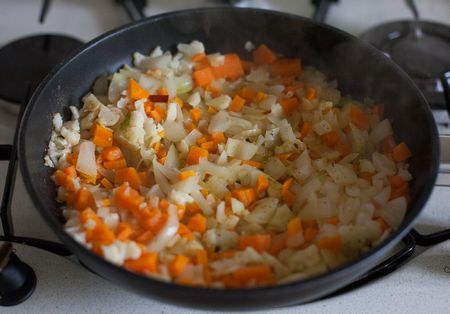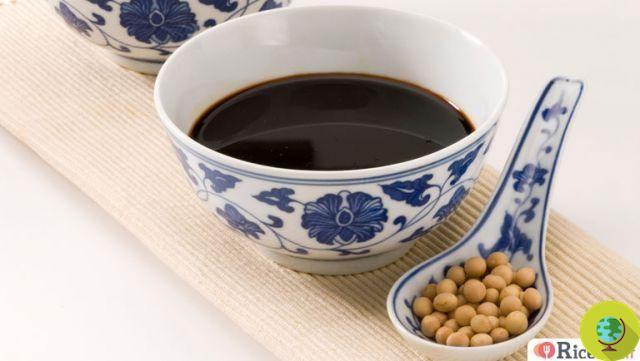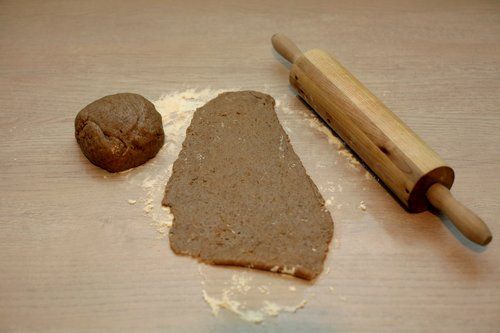Peanuts, a tasty snack that we love to nibble especially at aperitif time. But what are the properties of these small foods and what are the contraindications?
Don't store avocado like this: it's dangerousPeanuts, for an tasty snack that we love to nibble especially at aperitif time, perhaps accompanied by a cool drink and in the company of friends. But what are the property of these small foods and which ones instead contraindications?
For peanuts we mean i edible seeds of a plant of the Legume family typical of Brazil. Now cultivated all over the world, the peanut plant is exploited not only to produce the so-called peanuts but also to obtain, after pressing, thepeanut oil mainly used for frying.
Regarding the consumption of peanuts, we must first do an important distinction: the whole peanuts for shelling and ready-made and cut ones that can be filled with salt or caramelized. These are very different products as the first is decidedly more natural while the other two, obtained after industrial processes and enriched, are certainly less so. Both whole and shelled, salted or caramelized peanuts are first roasted.
In the United States, peanuts are much more part of the food tradition than in our country and are mainly consumed in the form of peanut butter. But did you know that this product can also be easily prepared at home? It is much healthier than ready-made and can be made with just a few ingredients and reducing the amount of salt.
Read also: PEANUT BUTTER: THE RECIPE TO PREPARE IT AT HOME
But now let's see which are the properties of peanuts.
Index
OWNERSHIP OF PEANUTS
Peanuts offer different properties and benefits. First of all, I am one good source of vegetable proteins (they contain many amino acids) but they also do not fail to supply our body mineral salts (in particular magnesium, potassium, zinc, phosphorus, manganese and copper), vitamins (especially Vitamin E), good fibers and fats (despite being rich in fats, the absence of cholesterol is highlighted). It is also a particularly rich food antioxidants (polyphenols), which reduce the risk of getting sick from various pathologies.
All these properties are certainly undermined by the consumption of salted peanuts. Excessive use of these products increases the likelihood of develop hypertension and consequently the cardiovascular risk increases. Worse still if you associate the consumption of salted peanuts with sugary, carbonated or alcoholic drinks.
The properties of peanuts were confirmed by several scientific studies like the one published in the International Journal of Epidemiology according to which it is enough to eat a small handful of dried fruit a day for live longer. The research was conducted on a sample of 120 thousand people and it was found that those who ate at least 10-15 grams of walnuts or peanuts every day (the equivalent of half a handful) saw a reduction in the risk of death from some serious diseases.
The confirmation of this protective effect against some diseases comes from another study conducted on about 200 thousand people between the United States and China which has seen how a greater consumption of walnuts and peanuts also corresponds to a lower mortality rate mainly caused by stroke.
Read also: NUTS AND PEANUTS DO WELL: ALL THE STUDIES THAT PROVE IT
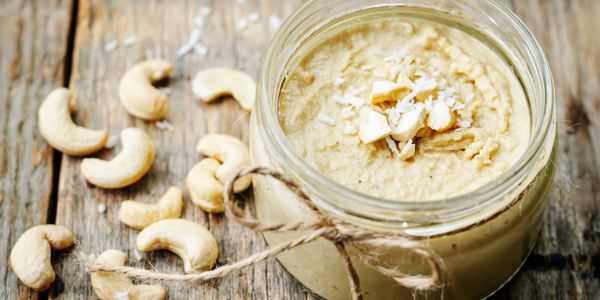 Summarizing the properties of peanutsi:
Summarizing the properties of peanutsi:
• Good vegetable protein source
• Rich in minerals and vitamins
• Good fiber intake
• Antioxidants
• Cholesterol free but rich in good fats
• They reduce the risk of death especially from cardiovascular diseases
PEANUTS: CALORIES AND NUTRITIONAL VALUES
Peanuts are a decidedly caloric dried fruit, we are talking about about 600 kcal per 100 grams of product. In the face of this it must be said, however, by consulting the nutritional table that we report, that this dried fruit is very rich in precious minerals, proteins, fibers, fatty acids beneficial for the heart and does not contain cholesterol.
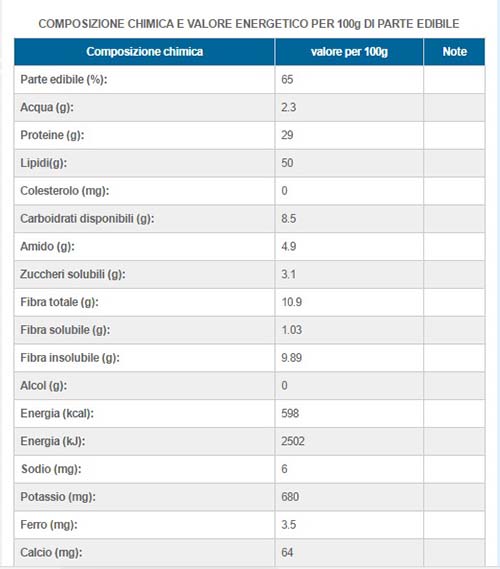 Photo: Inran
Photo: Inran
To enjoy the beneficial effects of peanuts a quantity of 20-25 grams per day is generally recommended (in the unsalted variant).
PEANUTS AND CHILDREN
Since it is a particularly allergenic type of dried fruit, parents are often fearful of letting their children taste peanuts for the first time. But how to insert this food in complete safety? Unlike what was previously thought, it seems to avoid allergies either better to taste the various foods from an early age (it is even advisable to take dried fruit during pregnancy in order to avoid allergies to the unborn child).
Avoiding peanuts altogether can also be counterproductive as this could cause you to become hypersensitive to the food. Given that it is children, however, it is always good to hear the opinion of your pediatrician particularly if the child has already developed other allergies or suffers from eczema and dermatitis.
Read also: PEANUTS: HOW AND WHEN TO INTRODUCE THEM INTO CHILDREN'S DIET SAFELY
CONTRAINDICATIONS OF PEANUTS
The only real contraindication to peanut consumption is one possible allergy. In this case, obviously, not only should we not take peanuts but we must also pay particular attention to foods that may contain them or are produced in factories where peanuts are packaged.
WARNINGS
Peanuts are one of the most dangerous foods for aflatoxin contamination. Always pay attention to buy quality products (we remind you that peanuts from China have recently been put on the black list of the most dangerous products drawn up by Coldiretti), in the case of whole peanuts, for example, the shells must be whole and healthy. If in doubt, it is always better to avoid consumption.
A LAST CURIOSITY
You know that peanuts can also be grown in pots? We have given you all the useful tips for a DIY peanut cultivation in this article.





